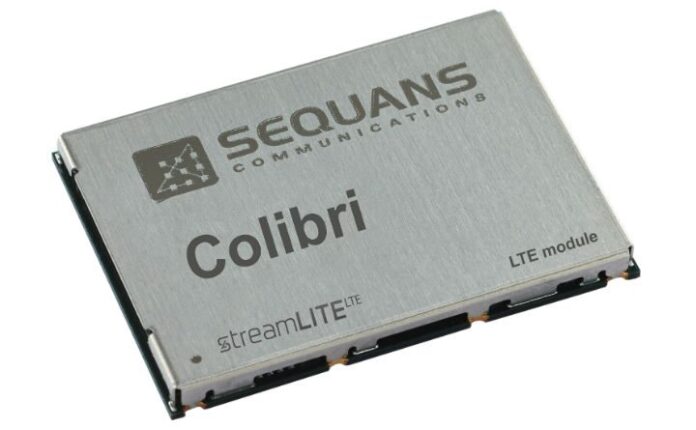Sequans announces Verizon-certified LTE modules
Sequans new Colibri LTE chipset, along with two of the French company’s LTE modules, designed for “Internet of Things” and machine-to-machine deployments have been certified as carrier grade by Verizon Wireless.
The new Colibri chipset is rated category four, meaning it supports 150 Mbps throughput; the two modules, LGA and VZ22M, both support LTE.
Sequans touts the new products as a “simplified, cost-effective, all-in-one solution for adding LTE connectivity to numerous types of IoT, M2M and mobile computing devices.”
Georges Karam, CEO of Sequans, said the new products will speed up deployment of IoT and M2M, networks.
“The availability of these powerful, yet low-cost chip solutions, certified for use on the world’s leading LTE network, will accelerate adoption of single-mode LTE for numerous M2M and IoT devices,” he said.
“The efficiencies we’ve built into Colibri are game-changing in that LTE module costs are now at or below 3G levels for the first time. Our customers are extremely interested in these new solutions and several are actively developing new Colibri-based products.”
The Colibri chipset is based on Sequans’ SQN3221 baseband processor, which runs an LTE protocol stack, IMS client that supports text messages and voice over LTE, as well as software for over-the-air management and packet routing.
Also included in the Colibri chipset is the SQN3241 RF transceiver.
Karam noted that the new products can facilitate faster market readiness.
“For device designers, the new Colibri modules offer the very real advantage of shortening time to market,” he said. “They are ideal for adding LTE connectivity to mobile computing devices and the ever-expanding array of new IoT device types now going wireless for the first time.”

